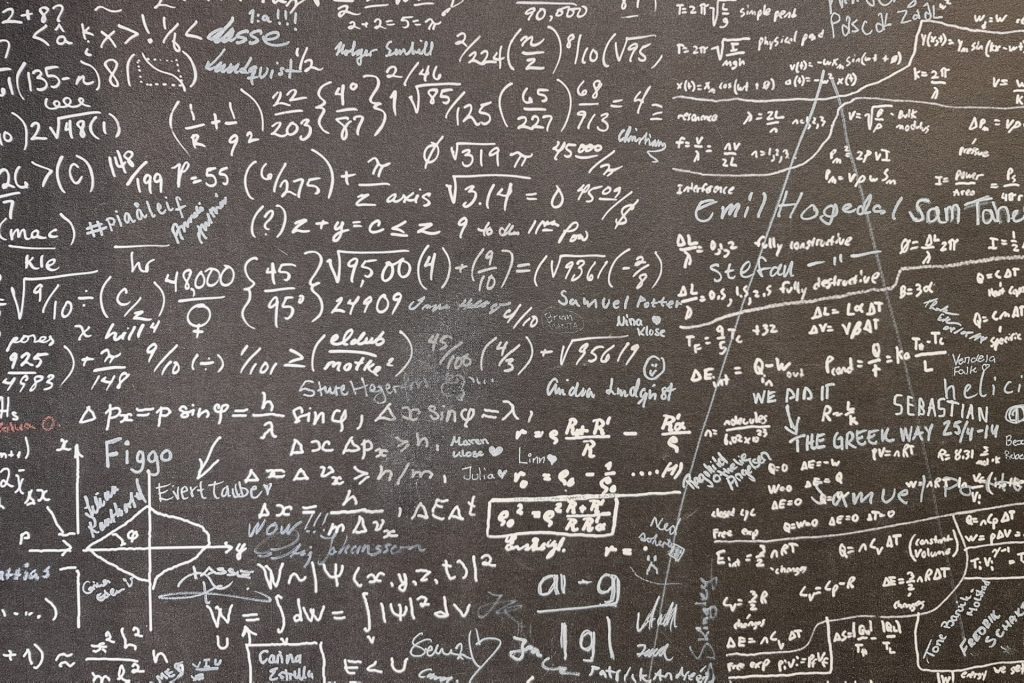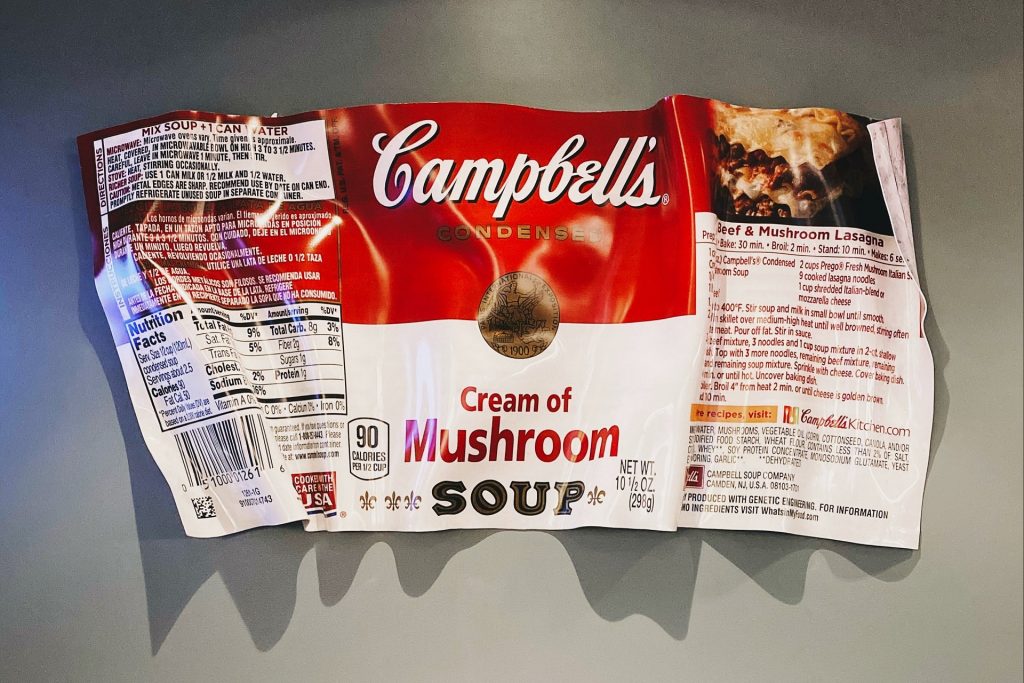Learning how to count.
A dazzling array of fingers, building blocks, and repetitive notions to get the accurate order of numbers engraved in your mind after your first years on this planet.
A youthful struggle of playful encounters of the first kind when uncontrollable hands and feet are waving from left to right. We are thrown into the real world where numbers matter.
No trickery here. Manipulating the outcome through creative thinking that you found new ways to prove your math teacher wrong was not on the table. Or your parents, for the sake of adding the biggest educators into the equation.
Perhaps the psychological analysis that 1 + 1 may be 3 in some circumstances is an exception to the rule. Overall, there is little wiggle room to interpret the laws of mathematics differently. The brightest minds in the art of reading and solving complex problems through Pythagoras’ theories.
Or perhaps looking into the mind-blowing solutions from the likes of Einstein may prove otherwise. The latter is a story I do not want to get into.
I failed math and math fails me, regularly.


Counting is a solid base where we always can fall back to. Every phone can easily do the works for you for adding and subtracting, calculating percentages or showing you the square root of any number defined. It is one of these securities where we know there is hardly any doubt that the numbers are manipulated.
Let’s put the above to the test for a little bit.
There are ample dietary choices and practices around there where the amount of calories are broken down. There is an obligation by the food industry that all ingredients used are clearly stated. From vitamins to minerals, the number of calories per serving, and the RDI (Recommendable Daily Intake) when measuring out your 100% mark throughout the day.
But not every calorie is the same.
Labels of these kinds are notoriously inaccurate. We digest one calorie different than the other. Even on the same day, our body tends to play around with what comes in. What is excreted and what stays for future usage. Numerous studies have shown that the numbers on food labels can be off easily between 20% and 50%. Count out your caloric profit or loss!
Laboratories with ample funds to buy expensive equipment are the only place where accurate calorie counting can be measured and where food labels are thrown off the menu. The food is dissected to the last calorie before more precise numbers are added to the final conclusion.
We are often fooled when the package says you have inhaled 200 calories of well-cooked pasta. The label says so. But we are complex human beings and calories in varies. Stress; illness; not enough vitamins and minerals absorption to support macronutrient digestion of any kind; the differences between men and women; how much body fat you may have; hydration levels; how old you are…I really can go on and on.
Counting may give you a base to start but in this case, accuracy can be hard to find and define.
Regulations on anything with a number or % on a food label is highly irregularly and not properly regulated. So when you go even further – adding a diet that defines caloric intake may fall under the same category – you automatically may be set up for calorie-counting failure.
It is a common fact that we are bad at keeping track of how much we eat and drink. Add calorie counting of any kind to this formula and…you can fill in the blanks. We forgot to record what quick snack we enjoyed between lunch and dinner. Or we did not write down that extra hand of popcorn during date night.
We human beings are notoriously bad at keeping track of what we push down our mouths.
Counting suddenly becomes less of a solidified measure to get a proven method for a universal conclusion.
I am not saying that calorie counting or reading food labels is not something we can pursue. It is just that when you want to lose weight. You do not see results when going to rely on what is scientifically proven to be the right number. This does not works in your favour, and you will get disillusioned. It can be a good indicator to understand what you eat or drink with approximate numbers as it can create awareness. But solemnly relying on what a diet says or a label has printed may be prone to get fixated on numbers not adding up.


These persistent calorie counters believe they followed everything by the book. Yet a drop in weight is not shown. I read studies that miscalculations to up to 1000 calories a day (!) were recorded by researchers while asking a group of people to through their daily food logs. The numbers did again not add up.
I avoid calorie counting or trusting food labels for their numeric information when working with clients because of all the above. It makes no sense not only to complicate the coaching process even more by writing down the calories. Complexity overtakes the habitual changes that have a better effect on weight loss. It is why diet plans with calorie intake limitations as their base to get you thriving fail.
Food labels can tell a lot about what is included, aside from the names that deliver winning formulas for Scrabble enthusiasts. However, don’t get fixated when believe you overeat 100 calories. I can bet you it was never exactly 100 calories, and I will bet you big.
Let’s keep the what we count for other purposes that make more sense, display more logical answers, and give you the results you know you get.
I never count calories, but I eat so well | Alicia Silverstone









